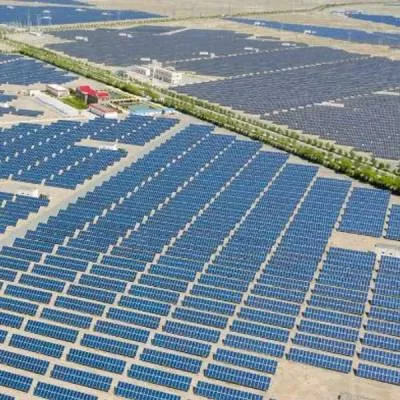

Prior to the commencement of the seven-phase elections for the Lok Sabha, India?s lower house of Parliament, starting on April 17, 2024, the two major political parties involved have declared their commitment to implementing numerous energy transition initiatives.
In their manifestos, both the ruling Bharatiya Janata Party (BJP) and the Opposition Indian National Congress have articulated their vision for embracing renewable energy to achieve energy independence.
The BJP, which has been in power in India since 2014 and is seeking a third consecutive term, has outlined specific programs it intends to pursue in the realm of renewable energy.
The BJP has pledged to achieve ?energy independence? by 2047 and reduce reliance on petroleum imports by employing a combination of electric mobility, establishment of charging stations, generation of renewable energy, and enhancement of energy efficiency.
By implementing the PM Surya Ghar Muft Bijli Yojana, the party has stated its intention to enable households across the nation to utilize solar energy for operating devices such as electric stoves, fans, air conditioners, televisions, and electric vehicle charging.
In February, the Union Cabinet sanctioned the initiative aimed at installing rooftop solar systems in 10 million households, with a total budget allocation of Rs 750.21 billion until the fiscal year 2025-26.
The BJP has stated, ?We will leverage Bharat?s renewable energy potential, aiming for 500 GW of renewable energy through the establishment of large-scale solar parks, wind parks, and the Green Energy Corridor project, among others.?
In addition to these commitments, the BJP aims to encourage private sector investment in infrastructure for large-scale battery energy storage systems to facilitate integration of renewable energy, ensure grid stability, and enhance resilience.